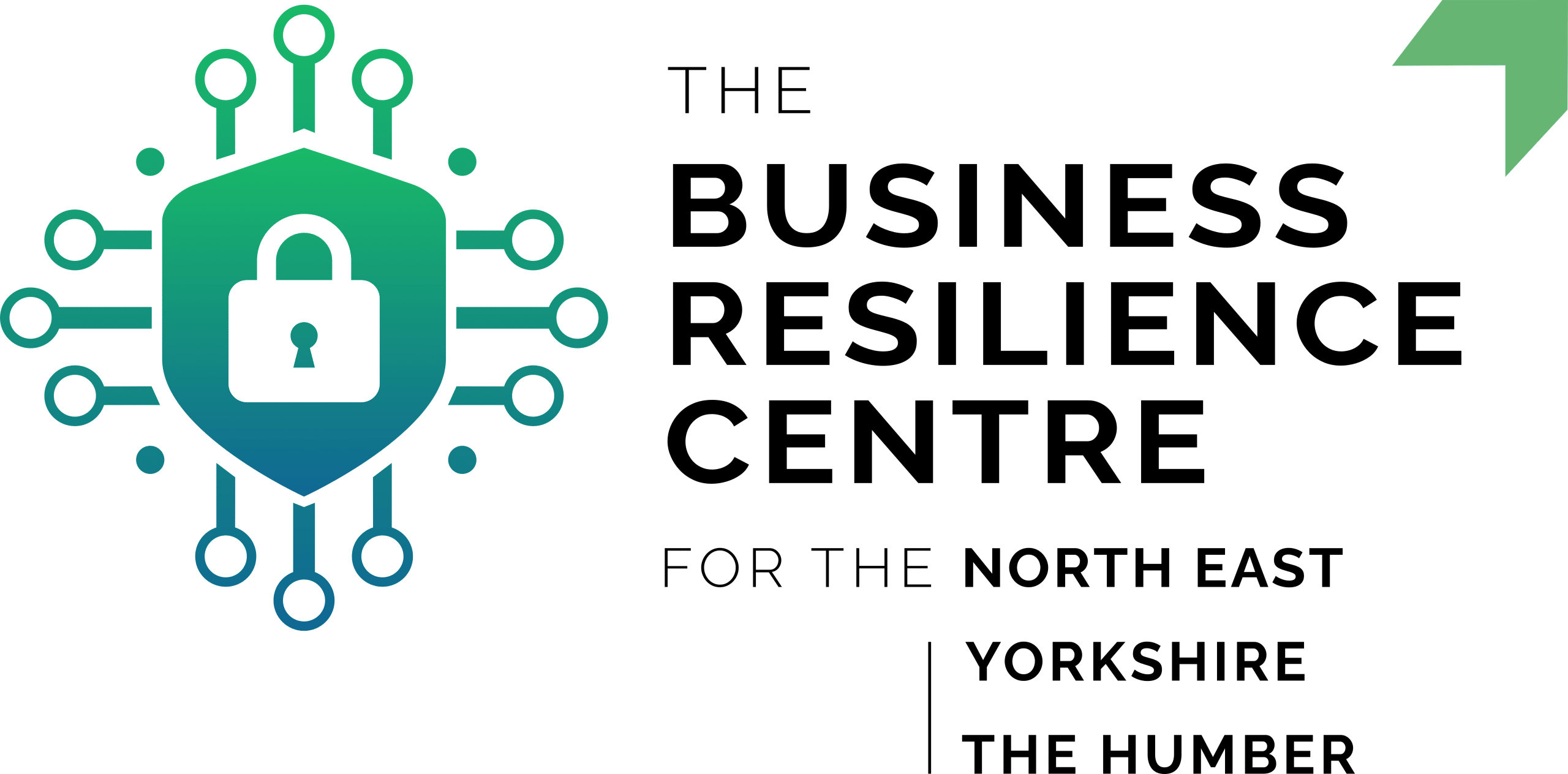According to statistics from Ofcom, 45 million people were targeted by scam calls and texts in 2021, with six in ten over-75s receiving a suspicious call to their landline.
Scammers don’t discriminate: anyone can be targeted with a range of scams including fraudulent bank calls, insurance claims, and even criminals impersonating the police.
If you fall victim to a scam call and pass on personal information, including your bank details, your money could be at risk.
Being able to spot phishing attempts is the best way to avoid getting sucked into a trap and losing control over confidential information.
Remember that any reputable company will not ask for any passwords or bank details over the phone or by email.
The best way to identify a scam call is to ask questions that the caller should know the answer to, such as specific details about your insurance, Amazon account, or anything that puts the scammer in a tricky spot.
If you’re targeted by a phishing attempt, end the call immediately and report it to 7726 and Action Fraud.
At the NEBRC, we understand that cyber security and keeping your data safe and sound from fraudsters can be difficult. The NEBRC was set up as part of a national network to protect businesses across the region from cybercrime.
We work with a team of cyber specialists and ethical hackers to provide vulnerability assessments, security awareness training, and other key services to educate and support organisations on cyber security.
If you would like advice on how to identify potential cyber threats, please get in touch at: [email protected]

